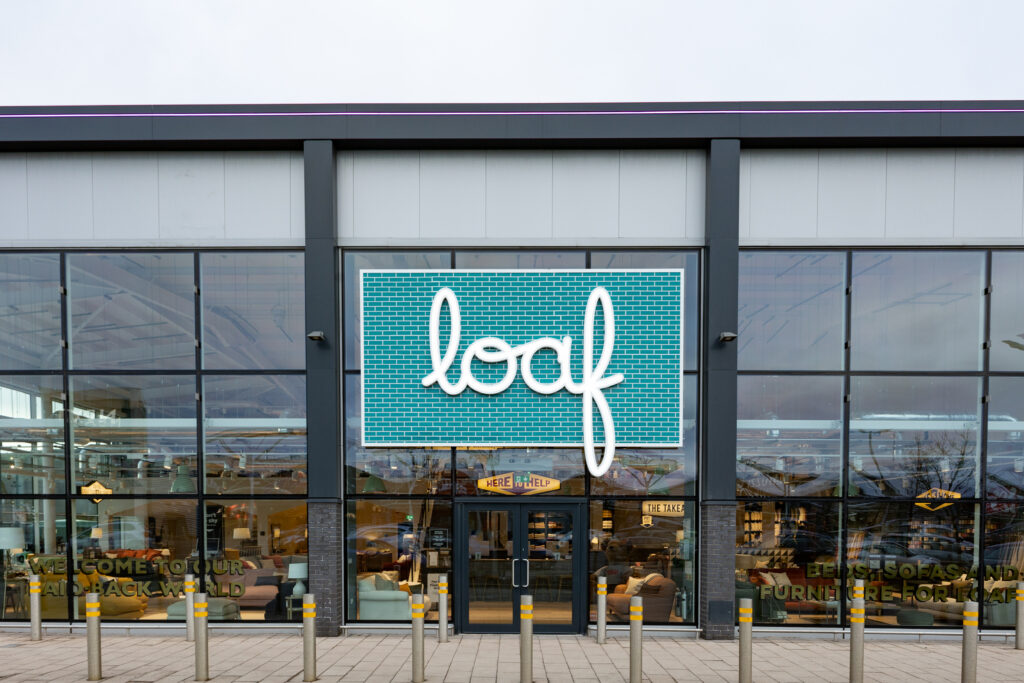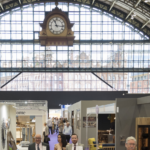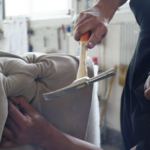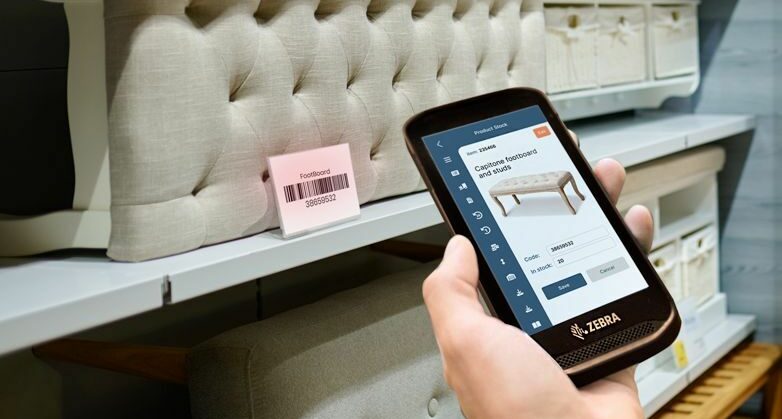In the next part of our ongoing sustainable series, we take a deeper look at furniture retailer Loaf and what they are doing in terms of sustainability.
The topic of sustainability continues to be of great importance. From product innovations such as bottle-filled mattresses to greener practices and initiatives, businesses are also adapting new ways of working to make their operations more sustainable. In the next instalment of our series, we explore more of Loaf’s green credentials.
Loaf
As part of Loaf’s sustainability strategy, the retailer operates an initiative named ‘People and Planet’ which sets out its aims and guidelines on eco-targets as well as community impact. “We’re pulling our socks up to do our bit for both the Earth and the communities we work in,” Loaf says. “We’re not perfect. But we’re on an exciting journey to do better.”
As part of the People and Planet agenda, Loaf breaks this down into a number of key areas from quality manufacturing of products it sells, to reducing carbon emissions and improving its packaging. “We believe people should buy fewer things, but better quality ones,” Loaf adds. “So, we design products to last for years. And the makers we work with share our ethos and refuse to cut any corners.
“Our goal is for all our materials to be certified as being responsibly sourced – where a certification exists – or derived from recycled materials by 2025. For a start, the timber in our sofa frames is already sourced from responsibly managed forests. We have also continued to develop our responsible sourcing practices, including introducing more sustainable upholstery fabric options.
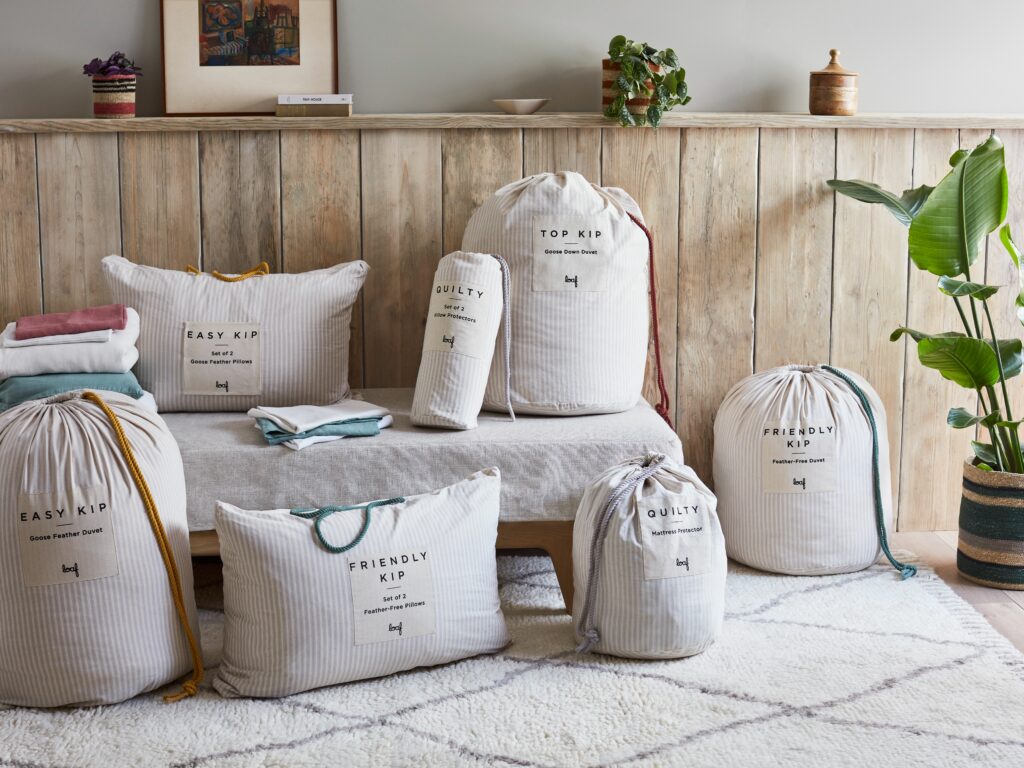
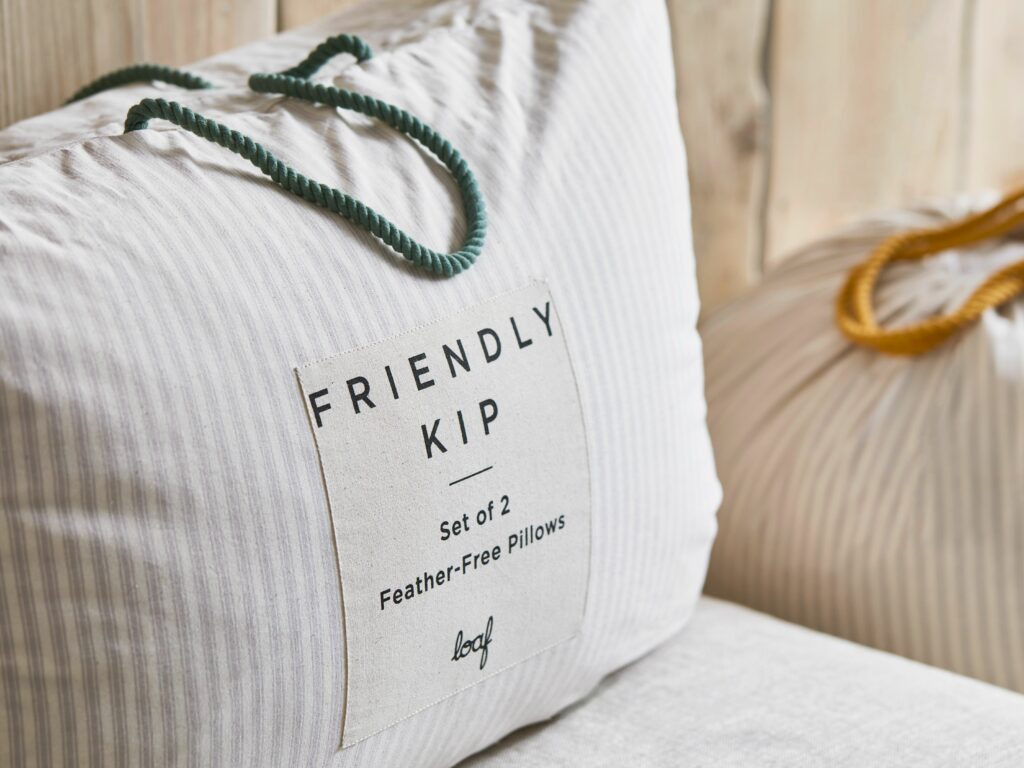
“We can’t claim to be vegan as some of our products contain animal-derived ingredients. But we do care that animals are looked after. So, our duck feather is sourced from suppliers who conform to the Responsible Down Standard. All the wool we use will be certified to the Responsible Wool Standard by the end of 2023 and our leather is treated in a tannery accredited by the Leather Working Group. We’ve still got some way to go with our other ingredients, but we are working hard on it.”
Loaf revealed that over 70% of its sales come from products made in England. “This is great,” the retailer said, “but we want to know what our actual carbon footprint is so we can plan our path to becoming carbon neutral. We have some clever people working this out, so watch this space as we continue to minimize our carbon emissions.”
Furthermore, and detailed in its latest company accounts for the year ended March 2023, Loaf has taken a number of steps to reduce energy usage and associated emissions, as well as improving energy efficiency in the year. The company has continued to invest in senior management capabilities in order to be well set up to further develop and deliver its People and Planet strategy, while continuing to convert energy contracts to suppliers who use fuel sources that are zero carbon. Loaf is also working with an external consultancy to continue to develop the company’s roadmap on becoming carbon neutral.
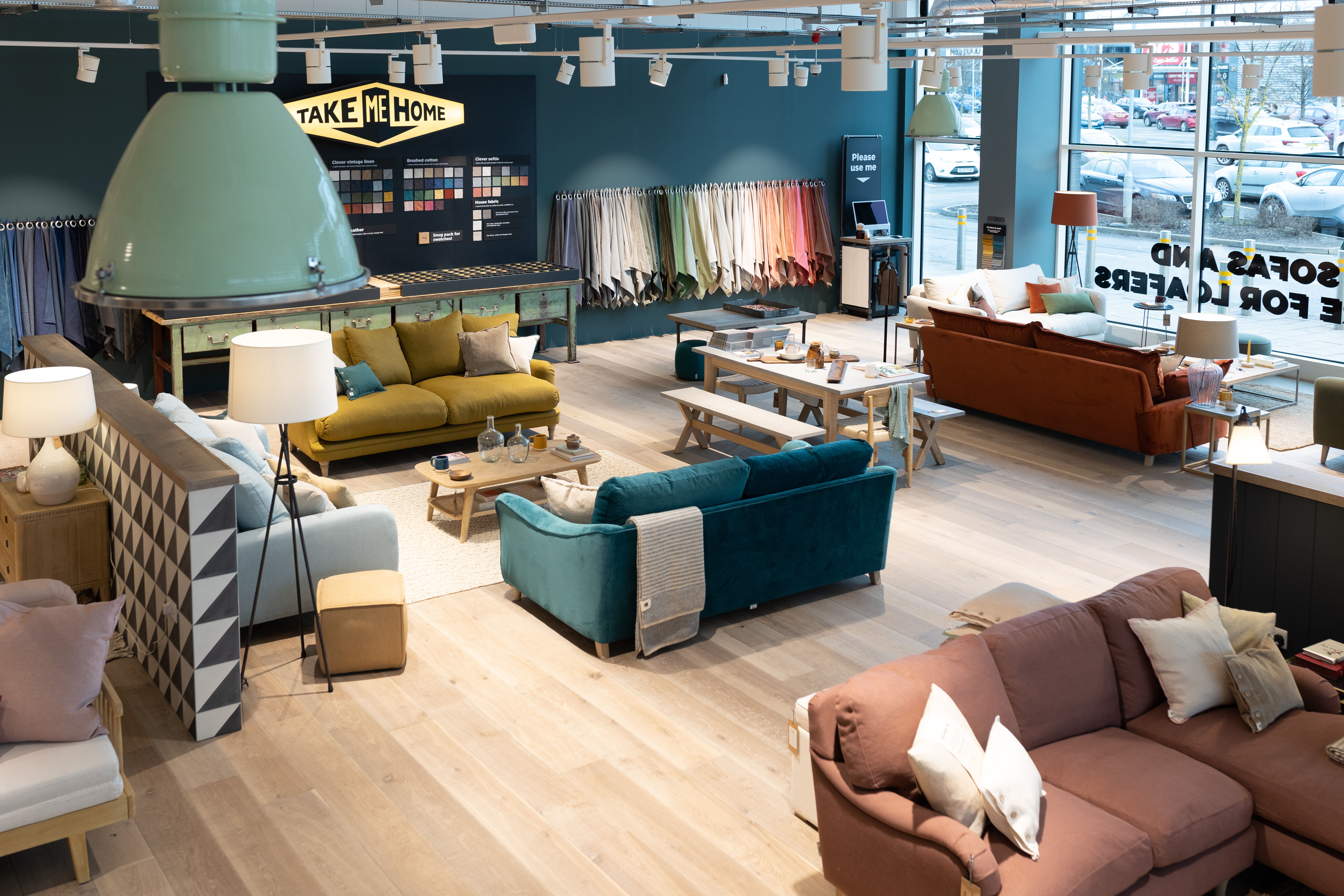

Other areas Loaf has turned its attention to is packaging. The business has increased the sustainability of its packaging throughout its global supply base by decreasing the volume of packaging used and increasing the use of recyclable materials. “Within the next three years our goal is to ensure 100% of our product packaging is recyclable, recycled and, (where possible), either biodegradable or compostable,” Loaf said, adding: “Currently 95% of our sofa and bed packaging is taken away and recycled by our delivery teams too.”
Loaf also takes great pride and responsibly for its staff and the community it works in. “All our Loafers are paid at least the ‘real’ Living Wage for their hard work,” the company revealed. “This shouldn’t be confused with the National Living Wage, which is a lower amount and is a legal obligation for all companies.
“We’ve also partnered with St Mungo’s, a leading charity working to end homelessness and rebuild lives, here in the UK. Over the next three years we are aiming to spend 10,000 hours of our time volunteering and helping to raise funds for such important causes. And the first thing we’ve already learned? Whenever we see a homeless person, the best thing to do is to talk to them and smile.”


